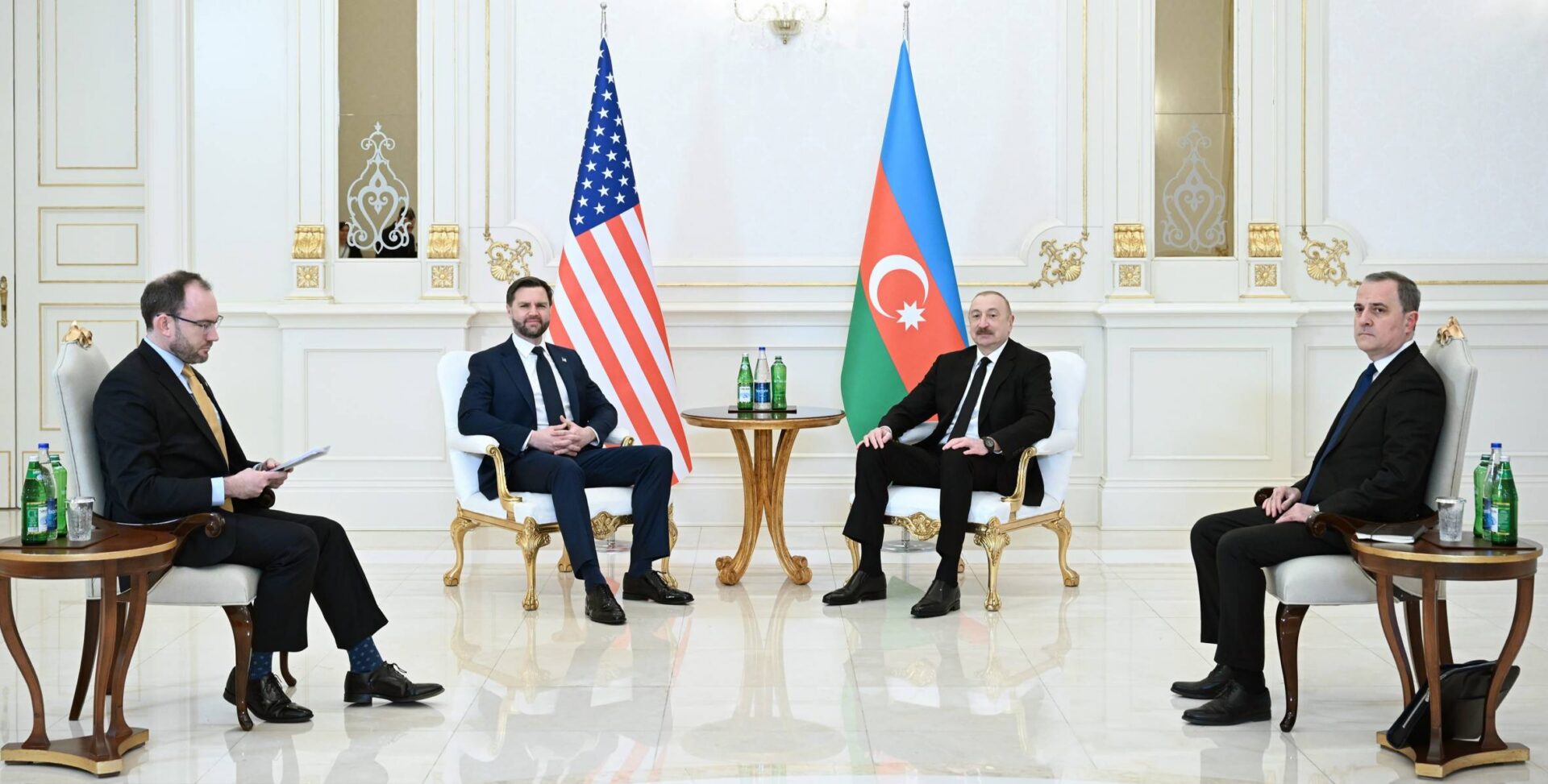RUSSIA SAID TO REJECT JAPANESE PROPOSAL ON KURIL ISLANDS.
RUSSIA SAID TO REJECT JAPANESE PROPOSAL ON KURIL ISLANDS.
High-ranking Russian Foreign Ministry officials reportedly confirmed on December 9 that Moscow has flatly rejected a Japanese proposal which would have transferred the Russian-controlled south Kuril Islands to Japan by redrawing the border between the two countries. That Moscow had adopted a hardline stance on the issue was suggested last week by Russia’s ambassador to Japan, who told reporters that the two countries could not possibly solve their decades-long border dispute by the year 2000. He also criticized Japanese leaders for suggesting to the Japanese people that a resolution of the territorial dispute was imminent (see the Monitor, December 3).
In their comments on December 9, the unnamed Russian diplomats said that Moscow’s clear rejection of the Japanese proposal on the islands had been contained in a response to the Japanese proposal handed by President Boris Yeltsin to Japanese Prime Minister Keizo Obuchi during their Moscow summit meeting last month. The diplomats reportedly suggested that any turnover of the Kuril Islands to Japan is impossible at present due to the political climate in Russia.
The diplomats appeared also to confirm that the Russian counterproposal given to Obuchi called for the two countries to strive for the signing of a peace, friendship and cooperation treaty by the year 2000–but without any resolution of the territorial issue. Instead, the Russian proposal reportedly calls for the peace treaty to contain a provision that would commit the two countries to continue talks on the territorial issue and ultimately to sign a border agreement that would include the Kuril Islands area (Russian agencies, December 9).
Comment on the Russian and Japanese proposals is difficult because the two sides have agreed to keep the documents secret. When questioned by reporters about the remarks by the Russian diplomats, Obuchi on December 9 responded only that Tokyo would continue to seek a settlement of the territorial issue with Russia (Kyodo, December 9).
The apparent hardening in the Russian position on the Kurils–or at least the decision to state Moscow’s position bluntly rather than to finesse the issue–may be related in part to the Kremlin’s current political weakness. Efforts to keep the Russian-Japanese talks on the islands secret have only energized those–both in Moscow and in Russia’s Far East–who would describe any concessions by the Kremlin on the territorial issue to be a sell-out of Russian national interests. First Deputy Foreign Minister Grigory Karasin was addressing those who have accused the government of secretly negotiating the give-away of the islands when he said on December 9 that Russian-Japanese talks on the islands involve no “behind-the-scenes machinations” (Itar-Tass, December 9).
LATVIA’S NEW GOVERNMENT DITHERS ON DEFENSE SPENDING.


